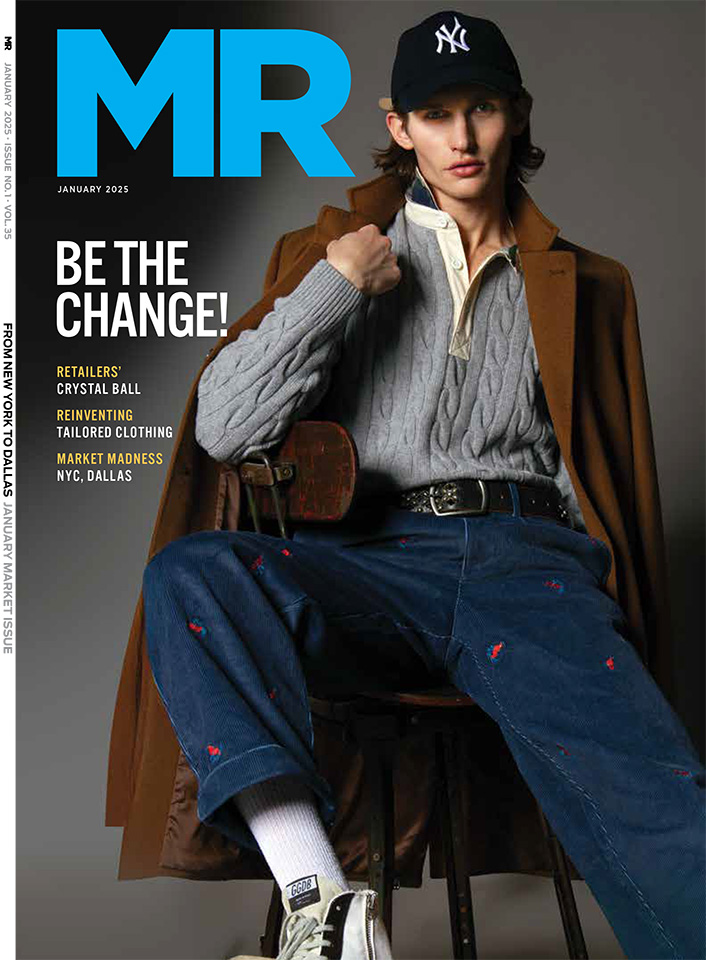Artificial Intelligence Is Being Used To Combat Luxury Fakes

Luxury handbags may exude the confidence of wealth, but take them with a grain of fancy salt — the counterfeit business is booming. Around 2.5 percent of global imports to the US are counterfeit or pirated goods. This amounts to about half a trillion dollars’ worth of merchandise, and these ill-gotten gains fund organized crime. According to Maysa Razavi, an attorney with the International Trademark Association, shoppers often don’t know that “the same people who are counterfeiting are involved in human trafficking and terrorism.” The next time you don a head-to-toe Gucci ensemble, keep in mind that the clutch you bought for a bargain could be lining the pockets of an underworld kingpin. In 2017, US Customs seized more than 34,000 shipments of counterfeit goods, an 8 percent increase from 2016. Retailers are scrambling to get ahead of the counterfeiters and have begun to explore how technology can help. Artificial intelligence has increased the arsenal of tools at their disposal, but AI can be costly to implement. Still, the demand is growing, and a few companies have stopped relying solely on human expertise. Read more at Racked.

